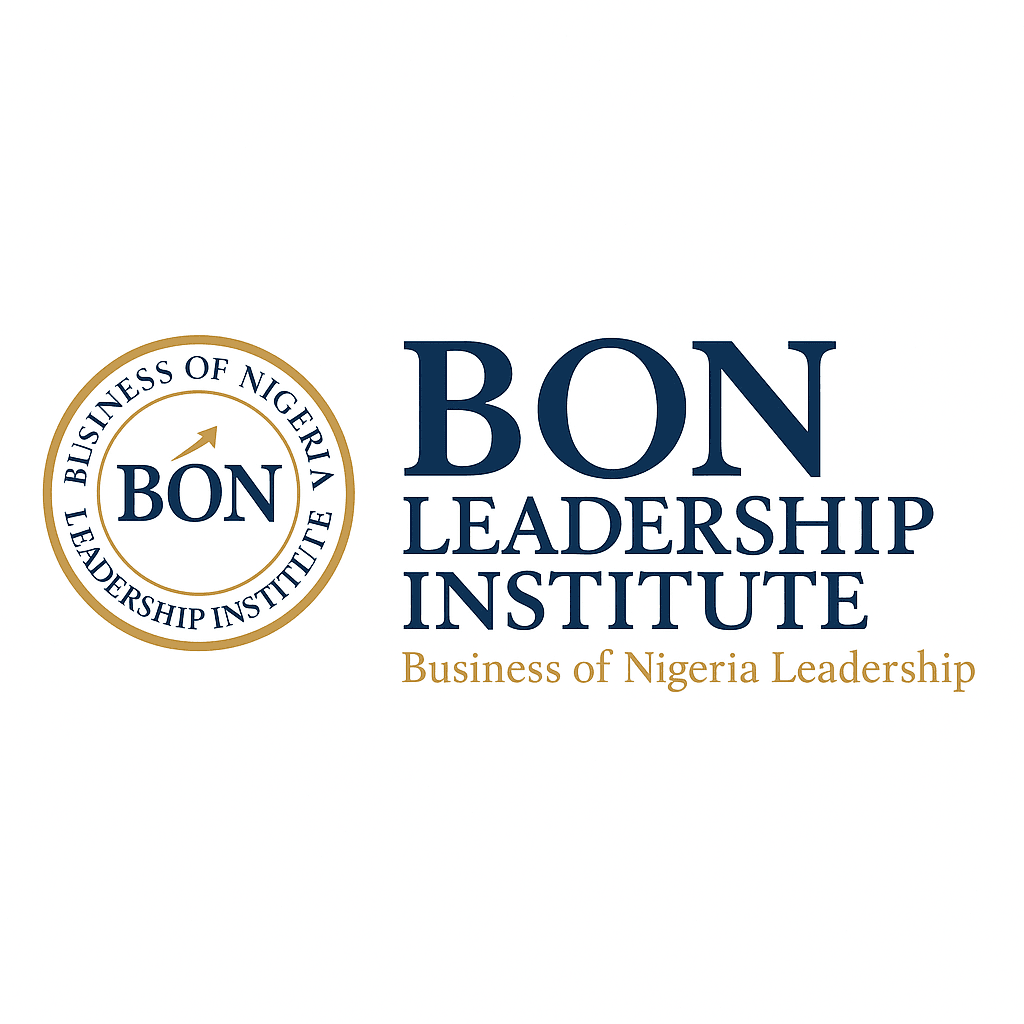Leadership in Nigeria: A Vision for Integrity and Growth
Defining Leadership in Nigeria
Leadership in Nigeria has been a topic of significant discourse, especially in the context of its dynamic socio-political landscape. Effective leadership is crucial for fostering integrity and promoting growth within the nation. The importance of leaders who can inspire change and drive development cannot be overstated. At its core, leadership should be about setting an example and creating a vision that aligns with the aspirations of the people.
Nigerian leaders are often challenged by the need to balance traditional values with modern governance practices. This balancing act is essential to ensure that the country remains on a path of sustainable progress. Embracing both local customs and global innovations can help leaders navigate this complex environment successfully.

The Role of Integrity in Leadership
Integrity is the cornerstone of effective leadership. In Nigeria, where trust in leadership can sometimes be fragile, maintaining integrity is vital. Leaders who demonstrate honesty and transparency are more likely to earn the respect and confidence of their constituents.
Integrity in leadership involves making decisions that are ethically sound and in the best interest of the populace. This means being accountable for one's actions and taking responsibility for both successes and failures. When leaders uphold integrity, they set a standard that encourages others to follow suit, fostering a culture of trust and accountability across all levels of governance.

Driving Growth Through Visionary Leadership
Visionary leadership is key to driving growth in Nigeria. Leaders must have a clear understanding of the country's potential and be committed to unlocking it. This involves strategic planning, innovative thinking, and a willingness to take calculated risks.
To achieve growth, Nigerian leaders should focus on several critical areas:
- Education: Investing in education is fundamental to equipping the next generation with the skills needed to thrive in a global economy.
- Infrastructure: Developing robust infrastructure can drive economic activities and enhance connectivity across regions.
- Economic Diversification: Reducing reliance on oil by promoting other industries such as agriculture and technology is essential for sustainable growth.

Challenges and Opportunities
While there are numerous challenges to effective leadership in Nigeria, there are also significant opportunities for growth and transformation. Corruption, political instability, and economic disparities are some of the hurdles that need to be addressed.
However, with a young and vibrant population eager for change, there is tremendous potential for innovative solutions that can propel the nation forward. Leveraging technology and fostering entrepreneurship can open up new avenues for development while addressing unemployment and poverty.
The Path Forward
The future of leadership in Nigeria hinges on a commitment to change and a dedication to integrity and growth. By prioritizing education, infrastructure, and economic diversification, leaders can create an environment where innovation thrives and opportunities abound.
Ultimately, it is the collective responsibility of both leaders and citizens to work together towards a shared vision of progress. Through collaboration and determination, Nigeria can achieve remarkable feats and set an example for other nations.

